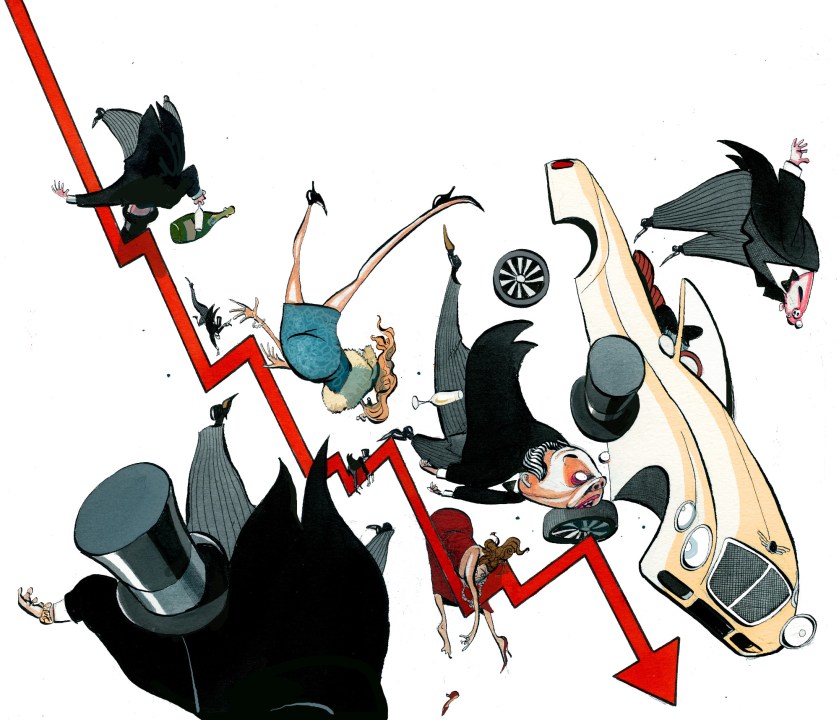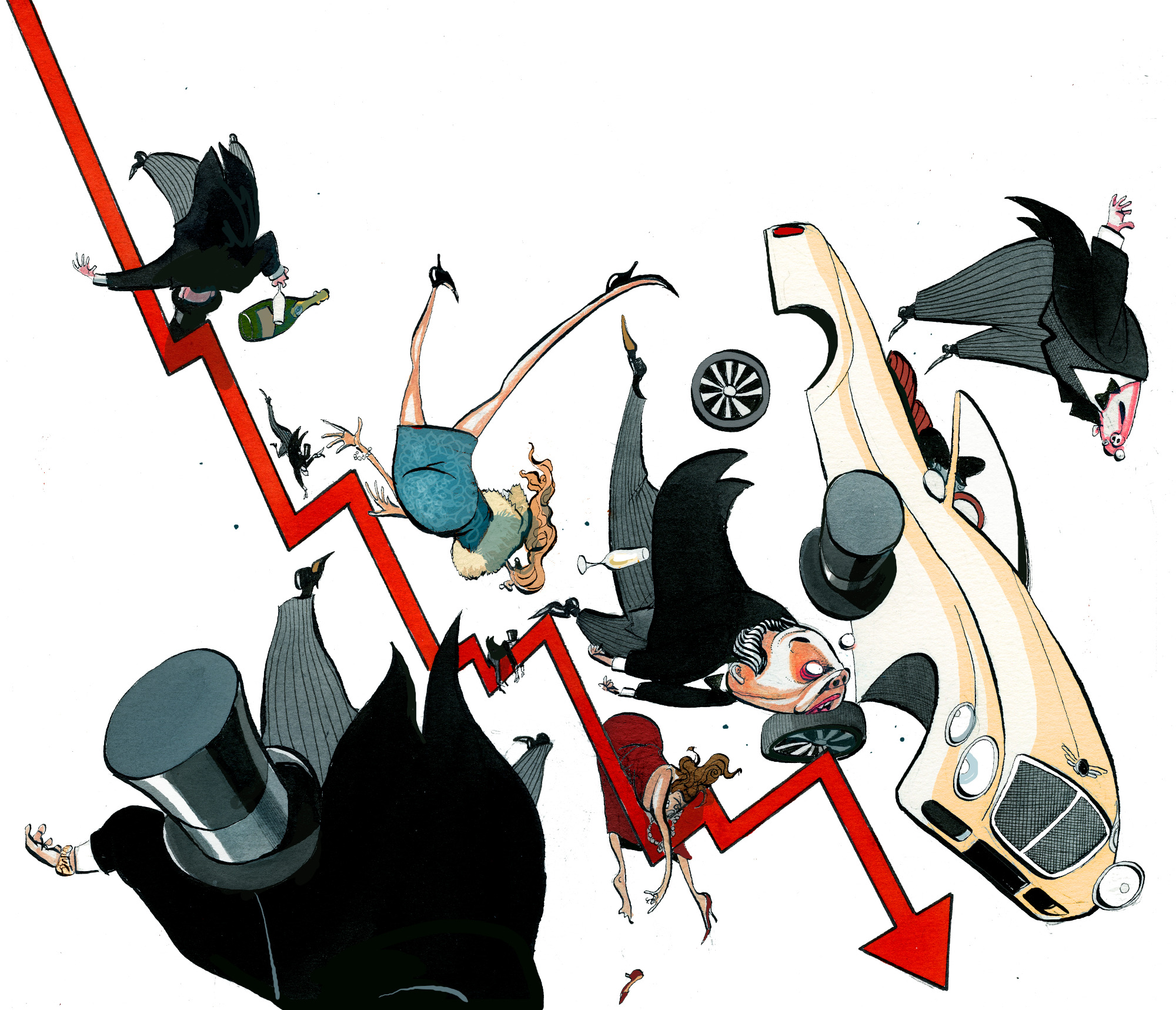The waves from Donald Trump’s tariff upheaval continue to ripple through the global economy. The International Monetary Fund (IMF) has downgraded its forecasts for global growth to 2.8 per cent for this year and 3 per cent for 2026, down from previous estimates of 3.3 per cent for each year. The UK isn’t immune: the IMF expects British growth to come in at 1.1 per cent this year and 1.4 per cent next year. US growth, meanwhile, falls to 1.8 per cent followed by 1.7 per cent.
These cuts were widely expected, but they sharpen the focus on the costs of the current trade tensions. The downward pressure on demand is likely to reduce inflation risks that the Bank of England had worried were becoming sticky. Megan Greene, a member of the Bank’s Monetary Policy Committee, said today that tariffs ‘actually represent more of a disinflationary risk’.
Yet the IMF disagrees and suggests that inflation may, in fact, spike – particularly in the US. In the UK, they have revised up their inflation forecast by 0.7 percentage points, peaking at 3.1 per cent. The IMF also blamed UK policies for price rises and growth downgrades, suggesting that Reeves is not able to blame a ‘changing world’ alone.
On a per capita basis, the IMF forecasts stagnant GDP growth for the UK too, meaning British living standards are not likely to improve anytime soon. In terms of inflation, the IMF blamed the increase in ‘regulated prices’ for their upwards revision to inflation forecasts. This should be read as code for the cost of energy – which is four times higher than that paid by American households and businesses – largely because of policies made by successive governments.
With the Bank of England set to announce its next interest rate decision on 8 May, markets and economists are now betting on quicker and deeper rate cuts to support faltering growth. Bank of America economists expect four cuts this year, up from three, with rates dropping to 3.5 per cent by Christmas.
The downgrade to the UK and global growth prospects from the IMF makes those cuts more likely as the Bank becomes more focused on staving off a recession rather than worrying about the persistence of inflation. That said, despite job vacancies falling below pre-pandemic levels last month for the first time since 2021, it’s worth remembering that wage growth remains above inflation and the Monetary Policy Committee’s members have previously said they want to see this fall significantly before speeding up rate cuts.
In currency markets, meanwhile, the pound is on its longest winning streak against the dollar since 1971. If it closes higher again today, it will have notched up 11 consecutive days of gains. Next month, the Bank will have to weigh up any persistent inflationary risk from inflation noted by the IMF today, but the direction from today’s forecasts and the mood of the markets seem clear: rate cuts are coming.
This article was first published in The Spectator’s Lunchtime Espresso email. Sign up here.









Comments